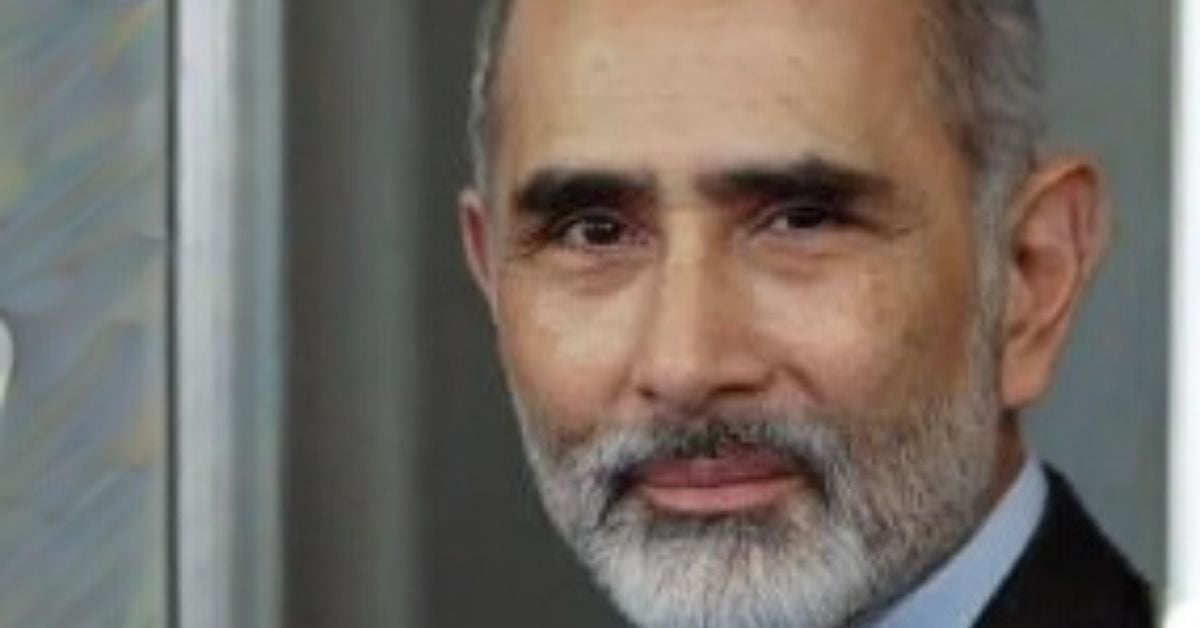
Ricardo F. Muñoz Leads Project for National Academies that Helps Youth Manage Mental Health during COVID-19
PAU Distinguished Professor Ricardo Muñoz chaired the expert panel for the National Academies of Sciences, Engineering and Medicine that developed this important new program for children and adolescents dealing with anxiety, stress, depression and more. Following is the press release from the National Academies.
Today, the National Academies of Sciences, Engineering, and Medicine (NASEM) released a new set of online tools to help teens, kids, and parents deal with the mental and emotional impacts of COVID-19. Videos and comic strip-style illustrated stories — in both English and Spanish — guide kids and parents through classic cognitive behavioral therapy techniques and skills that can help them cope and develop healthy ways of dealing with stressful situations.
Social distancing, changes to their routines, and a lost sense of security and safety have made some kids vulnerable to stress, anxiety, and depression during the pandemic. And the pandemic may have exacerbated mental health issues for kids and teens with preexisting mental health vulnerabilities. For some, including Black and Hispanic children, these challenges could be aggravated by the disproportionate impact of the pandemic on their communities.
Each tool starts with a story about a child or young adult in a difficult or frustrating situation, such as being scared for the safety of a parent who works in health care, or feeling stressed about something they heard on the news — and then shows how the child can use a new skill to feel better. The tools remind kids that they have the ability to affect how they feel.
One tool, for example, explains how a child named Drew can turn to activities they enjoy when they are sad or down. Drew’s uncle helps them plan out a week of fun activities, such as soccer, drawing, or board games — as well as understand how certain activities and situations affect their feelings. In another, Dana learns to “catch, check, and change” negative thoughts about not being invited to a classmate’s party.
These tools were created for children, youth, and teens to access directly and use themselves, but they are also intended for parents, teachers, and other caregivers looking for strategies to help children struggling with mental and emotional well-being. The resources were designed to be racially inclusive, LGBTQ+ friendly, and accessible.
The tools were developed by a group of experts at the National Academies, who drew from the most tested and easy-to-use skills taught in cognitive-behavioral therapy. Funding for the project was provided by the Centers for Disease Control and Prevention.
Learn more about the tools for supporting emotional wellbeing in children and youth here.
The National Academies of Sciences, Engineering, and Medicine are private, nonprofit institutions that provide independent, objective analysis and advice to the nation to solve complex problems and inform public policy decisions related to science, technology, and medicine. They operate under an 1863 congressional charter to the National Academy of Sciences, signed by President Lincoln.
NASEM will host a webinar on September 30th at 11:00 am PST demonstrating the tools and how to use them as an educator, mental health professional, health care provider, or parent. Register here.




